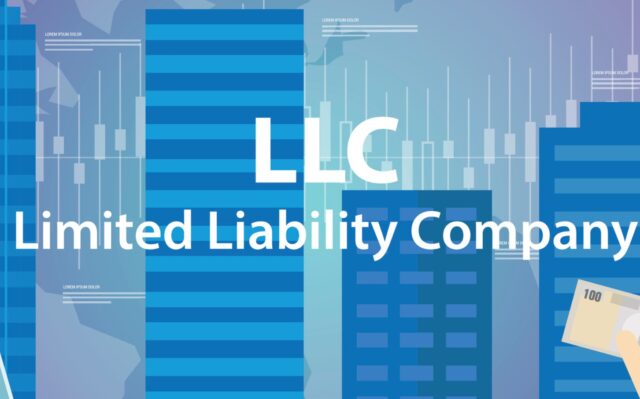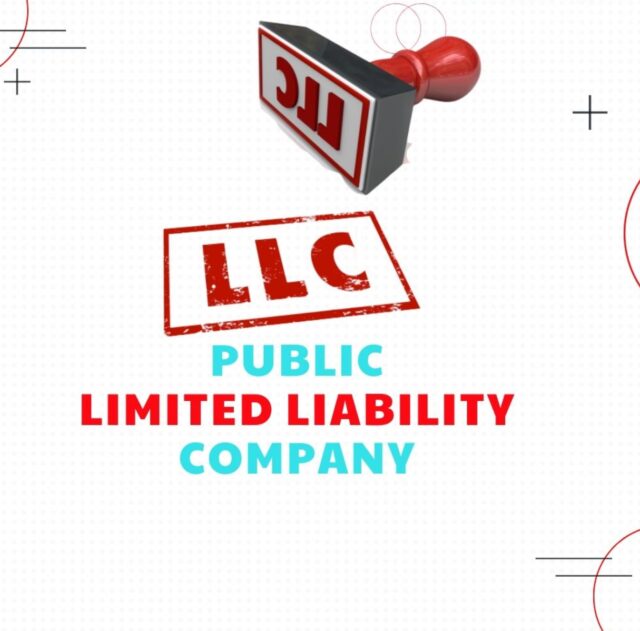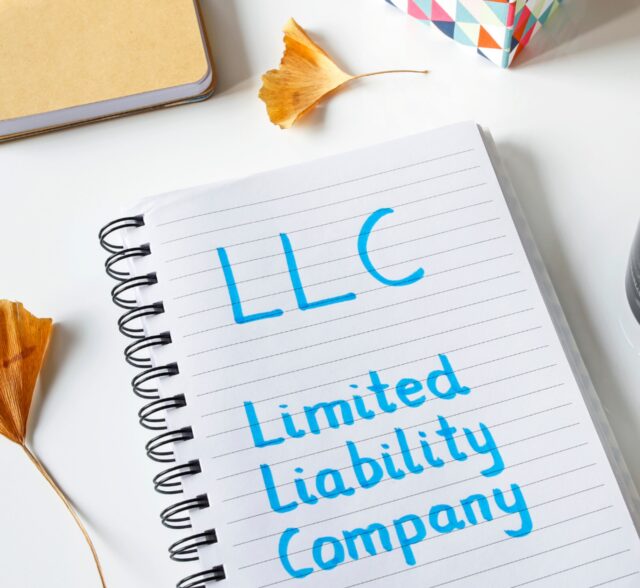
A limited liability company (LLC) is a specific type of business structure, which operates differently from Inc. and other types of business structures. It is primarily related to the United States of America, but some other countries have similar types of companies. You have probably all heard of limited liability company or at least seen the acronym LLC next to a company name.
However, we assume that you do not know exactly what it is and how it works. That is why today we will solve all your doubts related to LLC and if you are planning to start a company, you will be informed in detail whether a limited liability company is a right choice for you.

What is an LLC?
If you are not from the world of economics and law, it can be difficult for you to understand, especially if you are not familiar with other forms of business structures. So we will try to simplify and understand as much as possible by using everyday terms. If you already have some knowledge, then it will be even easier for you.
First of all, let’s say that the exact regulations vary from state to state, so first ask about the regulations in state very you intend to start LLC, but they generally do not vary too much, so most of the rules for LLCs are the same in every country. LLC is best imagined as the best mix of corporation and partnership.
The first thing you need to know is that LLC owners are called members, not shareholders or the like. In most states, anyone can be a member. And when we say everyone, we mean literally everyone. Even people who do not have permanent residence in the USA.
Even foreign companies can be members. What is the biggest advantage of an LLC and why people so often opt for this option is because, unlike other business structures, your assets are completely separate from the LLC. This means that if there is a lawsuit or irregular payment, interest, mortgages or anything else, your personal money and real estate are not subject to collection.
It is also very easy to create an LLC. LLC should be viewed mainly as a formal partnership arrangement. Learn How to create an LLC from LLCBuddy.
Taxes
The IRS does not count LLCs as a classic company. This will bring you pass-through taxation benefits. So the choice is up to you how you will pay taxes. You can present the entire profit as your personal profit and thus be taxable, instead of paying federal taxes. This will lead to tax savings. If your business is an LLC, IRS 1065 form is one of the most important annual tax forms you must complete for the IRS.
Members
Like we said members are actually owners. They share the profit but also the responsibility and everything else. Depending on the percentage of ownership, this is how the profit is distributed. Also, their vote is worth that much.
If someone has thirty percent, he will get thirty percent of the profits, and his vote will be worth twice as much as someone who, for example, has fifteen percent. The only deviation from this rule can be if a different operating agreement is signed. In any other case, the profits are distributed proportionally.
The same is with the voting rule. It is not necessary to have an operating agreement, but most still opt for it. It is very easy to understand and it works very simply in practice.

Management
How the management will work again depends entirely on what the members want. This will usually depend on the size of the LLC. Usually, all LLCs opt for one of the three most common management options. That is, all members are part of the management, then a few selected members are the management board or to hire one or more managers who are not members, but are employed to manage.
Is it possible to sell your share?
Yes, it’s possible. Unlike some other types, an LLC allows a member to sell their share to someone else, be it a company or an individual. The only thing is that the other members must approve the sale first, so it is not possible to do so without approval. As for the rules of sale, they are again regulated either by the state or there is a part of the operating agreement regarding the sale. Also, depending on the agreement between the members, the member who sells his share may still keep the voting right.

For whom is LLC an ideal option?
- Small businesses – When starting a small business, owners are never sure of the outcome of their business venture and there is a realistic likelihood that it will not be successful. That’s why many people choose not to even try to start a business, because they worry that they will eventually lose personal assets. LLC is therefore an ideal option because personal assets are not subject to business liabilities. Since the process of starting an LLC is simple, there are no drawbacks for small business owners. And as any additional information is useful, when starting a small business, visit startupsavant.com for many useful news and information for startup and small business.
- For those who need flexibility – Probably nothing is more flexible in the business world than LLCs. You can choose literally anything, of course in accordance with the law. The number of owners, taxes and everything else, as we have already said, depends on your choice. Even management does not have to be conventional, although the choice of the majority is to be so, because it is reliable.
- For those who do not want double taxes – Since you can list all income as personal income and pay only one tax, it is ideal for anyone who does not want to pay two taxes. This saves money, which is again ideal for small businesses.

Conclusion
As you may have concluded as you read the text, LLC is one of the best, if not the best business structure. But just as nothing is perfect, neither is LLC. And not because the LLC has flaws, but because there are people with different needs.
Banks, insurance and similar companies cannot be registered as LLCs. Also for large companies, who want even more formal business, there are better options. In all other cases, we recommend LLC as an exceptional option.









